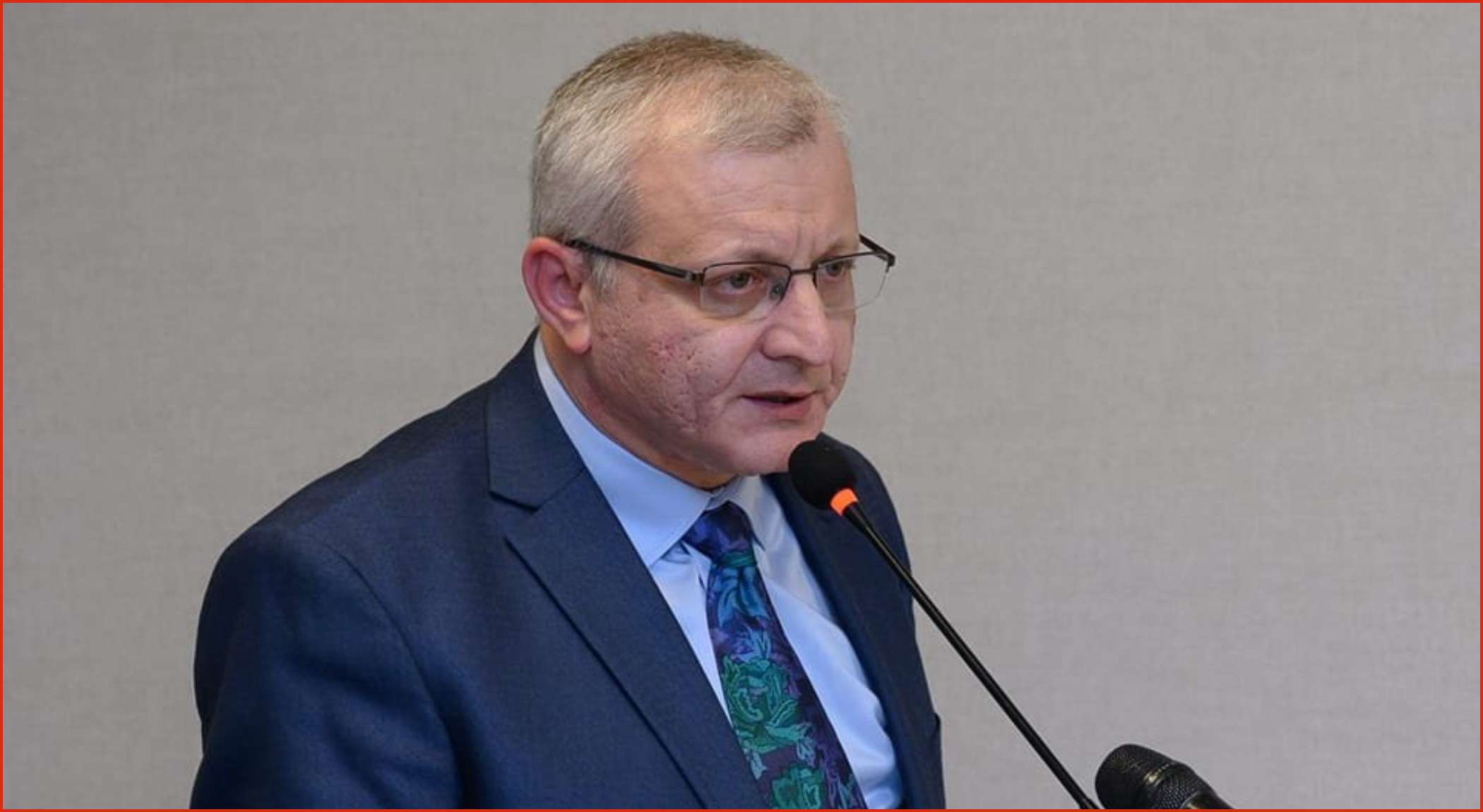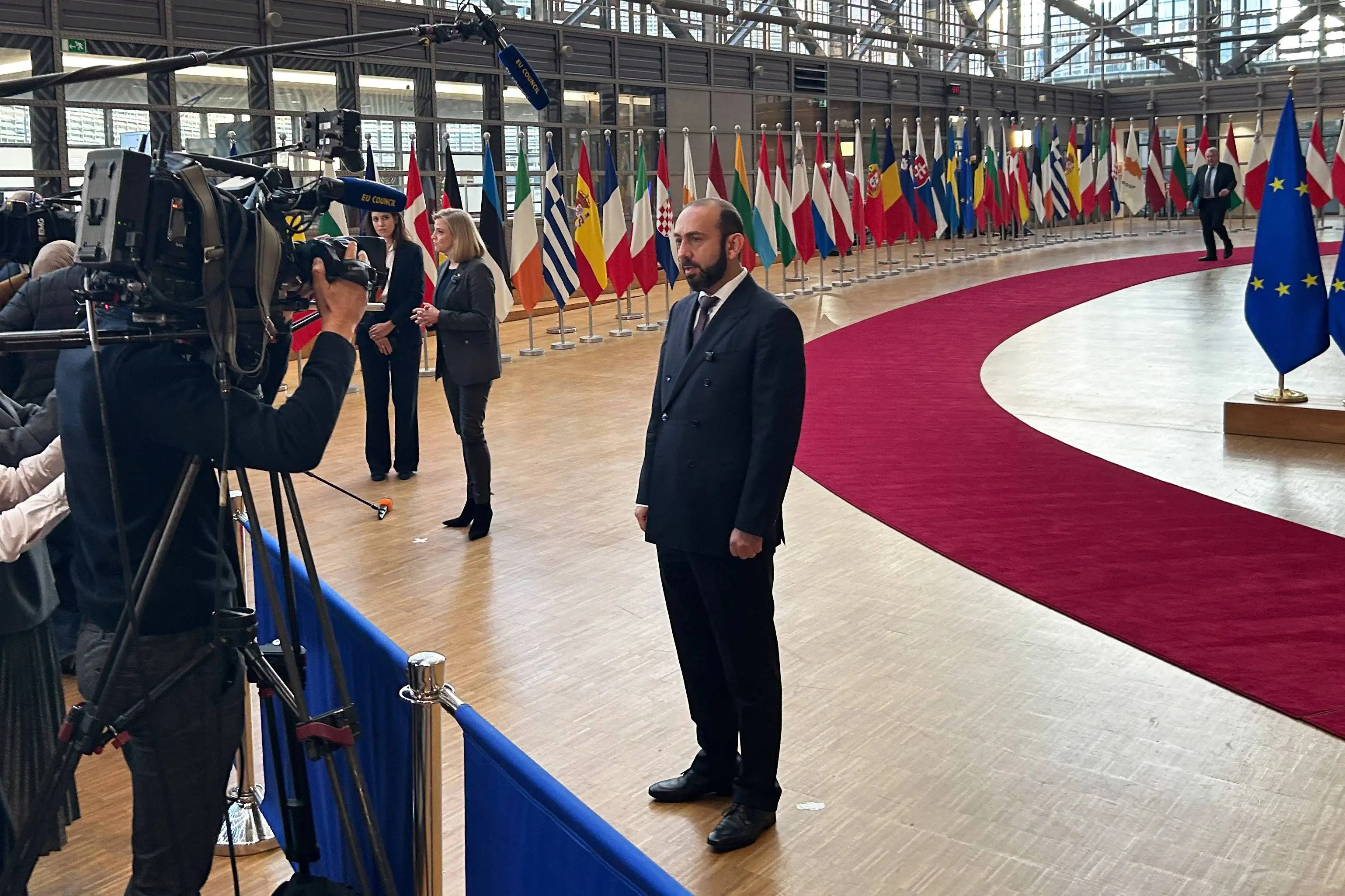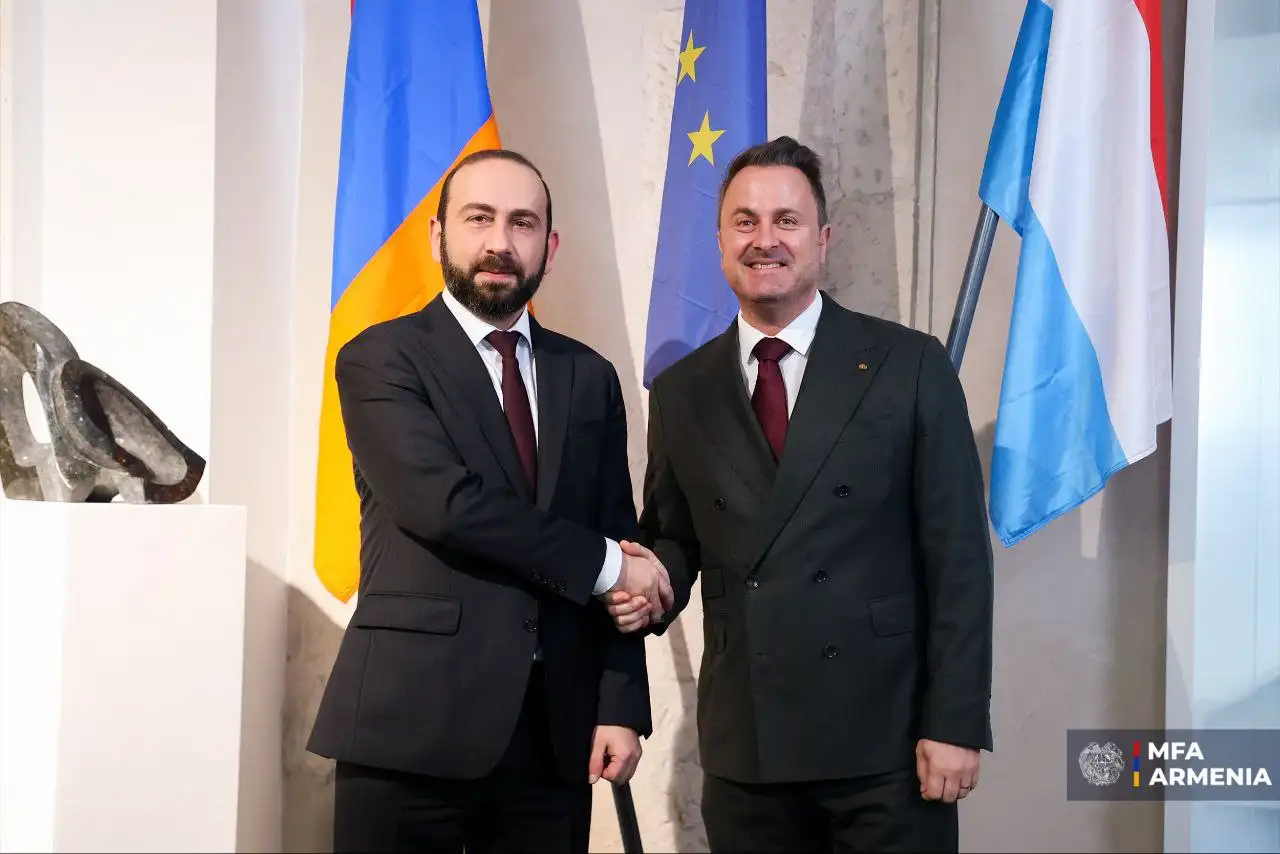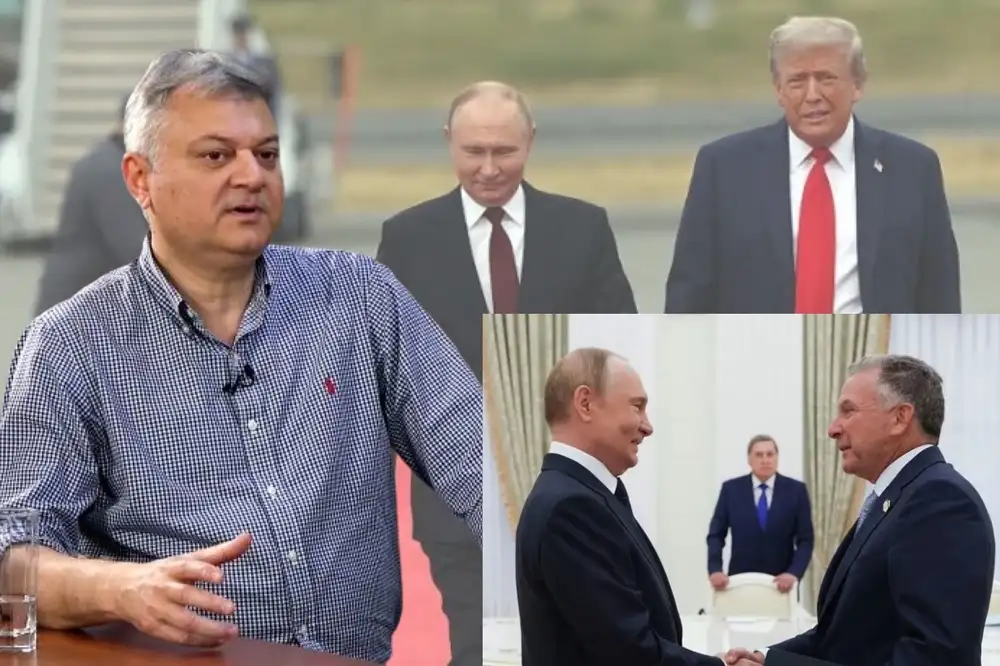Radar Armenia summarized the past year, 2022, with political scientist Suren Surenyants, head of the "Democratic Alternative" party.
- Against geopolitical developments, what kind of year was 2022 for the region and, especially, for Armenia?
- 2022 was a challenging year. We must first look at the problems of our region and Armenia in a global context because we are not isolated from the world. We remember that the Russian-Ukrainian war started in February 2022, which was only conventionally Russian-Ukrainian, because we are dealing with the global conflict between Russia and the collective West. This war completely changed the world and made our problems more complicated. Turbulence spread to our region as well. And it is no coincidence that this year, in particular, was marked by an increase in tension, which continues to this day. At the beginning of winter, Azerbaijanis implemented a very aggressive policy in Nagorno-Karabakh. I mean the actions of Parukh and Karaglukh, and Artsakh was deprived of gas in the unprecedented cold of February-March. Finally, let's remember the September aggression already against Armenia, unparalleled after the ceasefire of November 9, 2020, in terms of its scale and the problems posed. If we were to summarize 2022 in another way, there was a lot of peace talk, and even a date was indicated that a peace or relations settlement agreement should be signed by the end of 2022. However, in reality, we have a situation where we are further away from peace or the settlement of relations than even in 2020, on November 9. And this is because the Armenian-Azerbaijani conflict has also been joined by the clearly expressed contradictions of mediation platforms or significant geopolitical players.
- What predictions do you have for 2023 in the context of the signing of the peace agreement?
- It isn't easy to specify dates for several reasons. First, we are still determining the course of the Russian-Ukrainian war, and all other processes are closely related to it. For example, as the leading player in our region, will Russia's capabilities increase or decrease? It depends on the course of the war. It depends on the course of this war whether the West will try to have a presence or will be so busy with Ukrainian events that our region will be considered secondary. But I assume that the negotiations on the peace process will continue. Let's hope that at least in 2023, we will be closer to the milestone of normalization of relations than to a new war.
- What internal political developments do you predict this year? How will the relations between the opposition and the government develop?
- You are asking a difficult question because, on the one hand, we are noticing the strengthening of authoritarian tendencies in the government, and on the other hand, the institutional crisis or dissolution of the parliamentary opposition. In 2023, these processes will continue. But, parallel to this, the third forces can organize themselves outside the formats of the parliamentary government and the opposition. Ultimately, society can have a chance for a new political alternative. Formally, the most important event is the Yerevan mayor's elections. There will not only be a struggle between the government and the opposition, but we will also witness new oppositional manifestations. This is from a formalistic point of view. Still, we should remember that our political life will be primarily made up of foreign political factors and events unfolding around Armenia and Nagorno Karabakh. Therefore, force majeure is not outlined at the moment, but they cannot be excluded entirely. Unfortunately, the political life of Armenia can be shaken or edited by external factors.
Hayk Magoyan




















